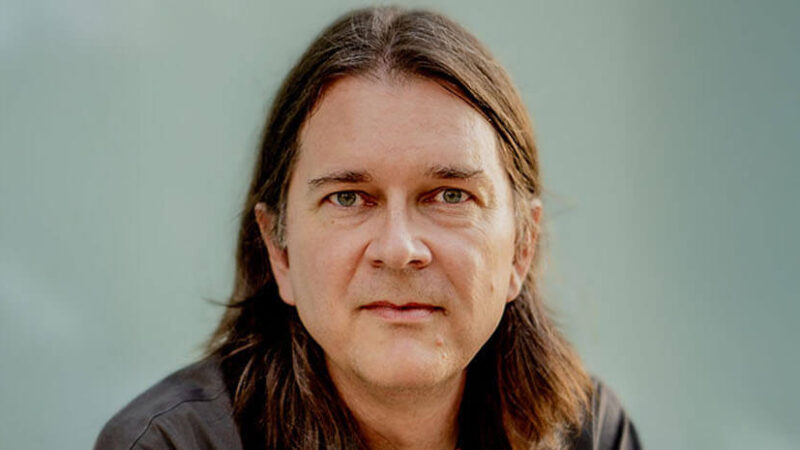Intellectual Diversity
Dawna Markova is an inspirational speaker and writer, and Angie McArthur is one of the creators of the Worldwide Women’s Web, a network intended to retain and encourage women in corporate leadership roles. With Sounds True, Dawna has created the audio series The Open Mind, where she offers a seminar on different learning patterns. Most recently, Dawna and Angie have written a new book called Collaborative Intelligence: Thinking with People Who Think Differently, in which they teach how to recognize mental patterns and use that knowledge for better coordination, teambuilding, and long-term planning. In this episode of Insights at the Edge, Tami Simon speaks with Angie and Dawna about the different styles of attention, learning, and thinking—and how a better understanding thereof could improve our education system. They also discuss the best methods of collaboration, and the great joy that comes with understanding how to work in concert with someone with a completely different mode of thought.
(69 minutes)






